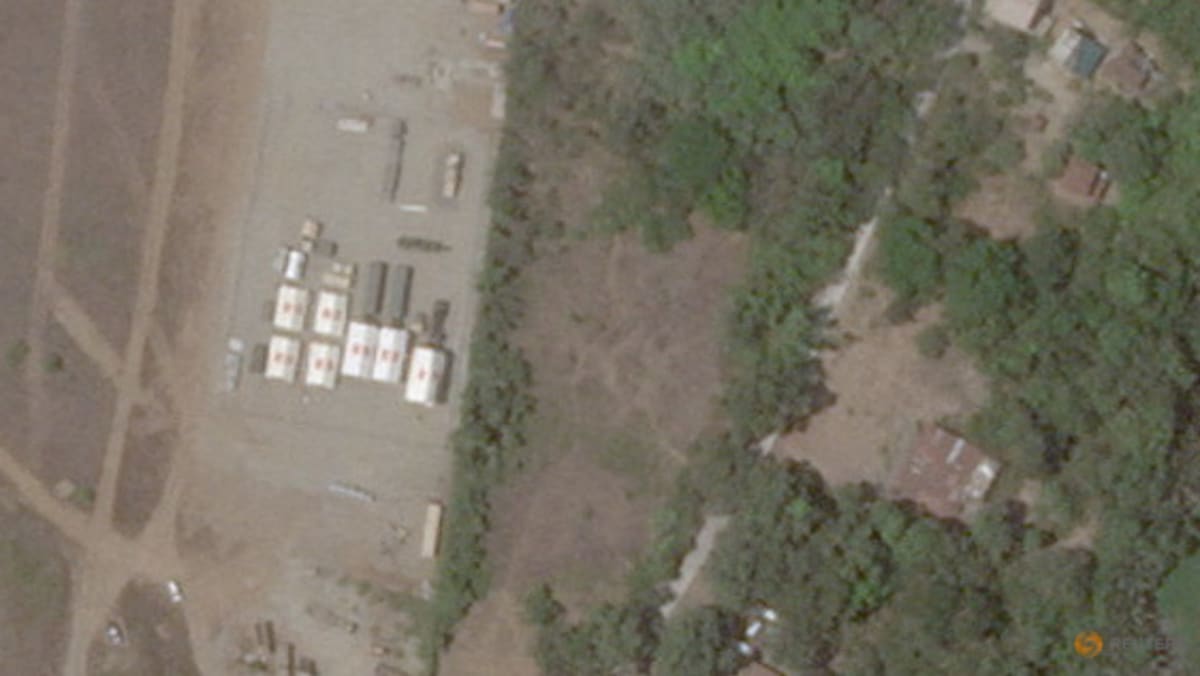China urban employment, per capita spending logged rare declines in 2022

BEIJING: China’s urban employment fell for the first time in six decades last year and per capita spending also marked a rare decline, as harsh COVID-19 curbs ravaged the world’s second-biggest economy.
The new data from the National Bureau of Statistics also showed the smallest income growth in more than three decades.
The number of China’s urban jobs dropped by 8.4 million to 459.31 million, the first drop since 1962.
“The decline of the urban labour force reflects the severe economic challenge China faced last year,” Zhiwei Zhang, president at Pinpoint Asset Management, wrote in a note to clients.
He cited the shrinking size of China’s labour force, job losses due to the pandemic and the deceleration of rural workers migrating to cities as the main reasons for the decline.
Zhang added, however, that he expects this to be a temporary drop now that China has abandoned draconian zero-COVID policies aimed at stamping out every outbreak.
China had economic growth of just 3 per cent in 2022- one of the weakest levels in nearly half a century.
Per capita spending fell 0.2 per cent in real terms, the statistics bureau data showed. That followed a jump of 12.6 per cent in 2021 and marking only the third such decline since records for that data point began in 1980. Retail sales also fell 0.2 per cent, the second worst performance since 1968.
Xu Tianchen, an economist at the Economist Intelligence Unit, said a steep drop in income growth for China’s lowest income earners was a key factor behind the weak spending data.
“Before the pandemic, the lowest income group was one of the fastest growing, but now, quite remarkably, it has become the slowest income group, dropping from 10.1 per cent (income growth) to 5.2 per cent.”
Disposable income per capita in China grew by just 2.9 per cent in real terms, the second smallest rise since 1989.
Unadjusted, disposable income per capita grew to 36,883 yuan (US$5,310) last year, while spending per capita increased to 24,538 yuan.
Rural areas performed better than urbanised zones, with the disposable incomes of rural households growing 4.2 per cent in real terms, compared with 1.9 per cent growth for urban residents.
Source: CNA















